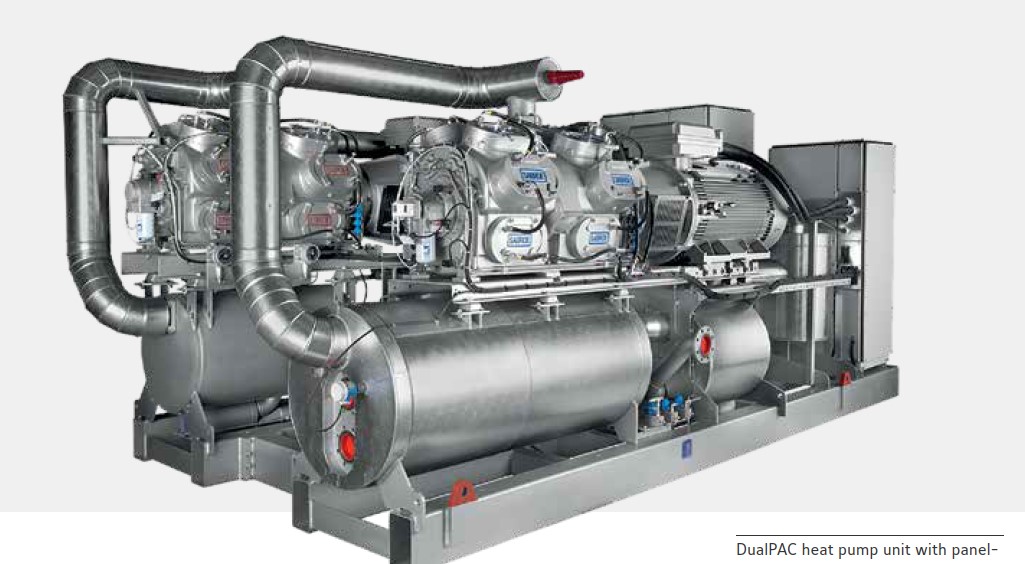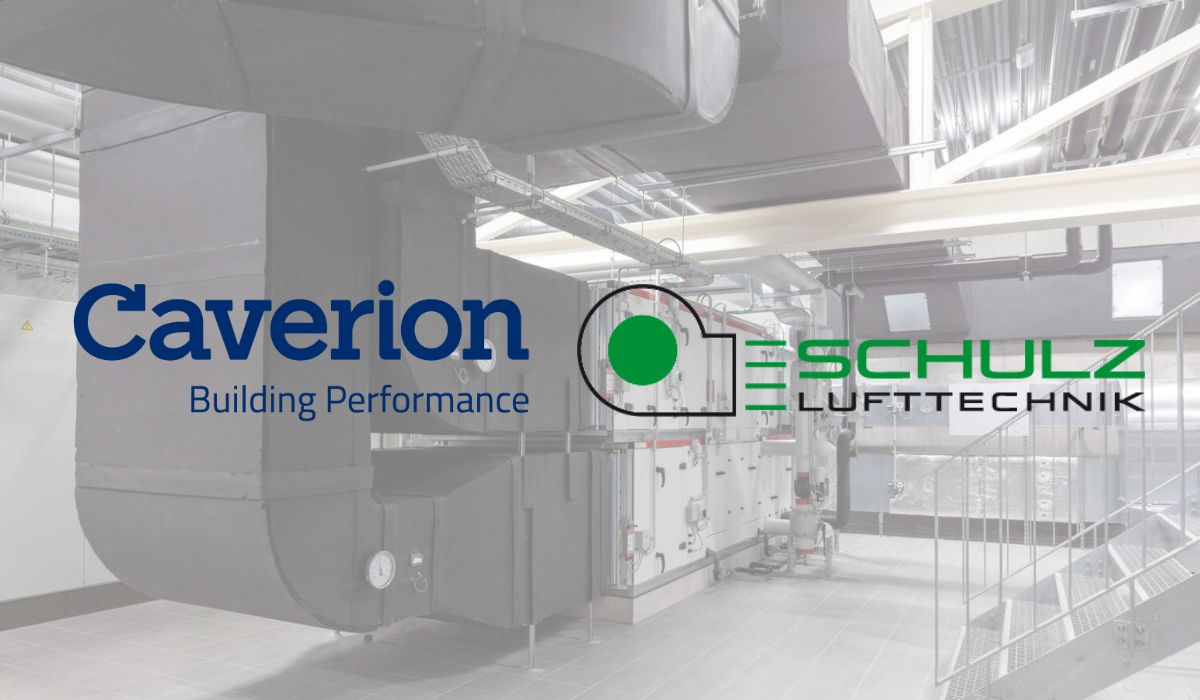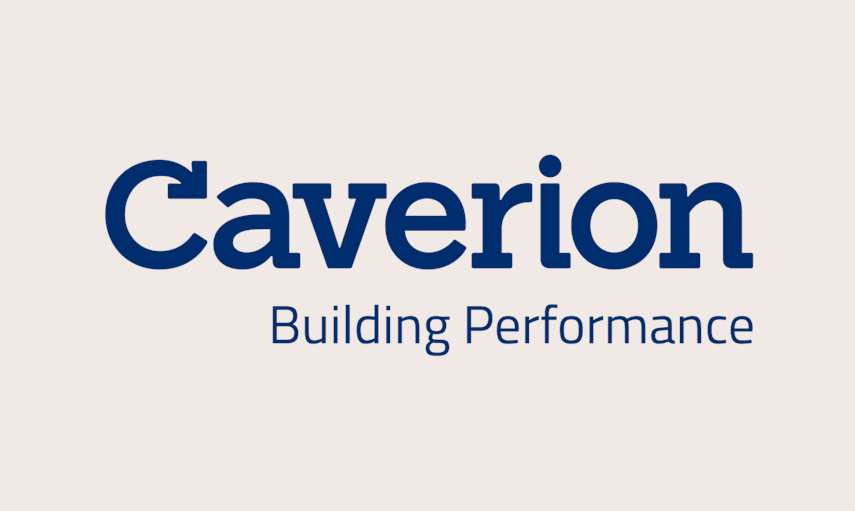Design & Build guarantees reliable project outcomes
Secure the correct outcomes with an end-to-end building technology partner
Design your building with the overall lifecycle in mind
In a lifecycle approach, design and investment choices are optimised based on total lifecycle costs (TLCO) of your building. Making smart choices and by using modern digital solutions you can save up to 30% of your annual energy and maintenance costs.
Design Management reduces your risks
To guarantee such significant savings without sacrificing user experience, expert design management is a must. Design management means that your design and build partner takes responsibility of the coordination, analysis and testing of the design, including stakeholder management throughout the entire design process - with the building and even the operation and maintenance phase in mind.
Caverion’s design management reduces your risk. We ensure fulfilment of regulations and supports project execution in a reliable and consistent manner.
Reduce risks and costs by combining design and delivery
Why should you involve your project delivery partner already in the planning and design phase? Early collaboration leads to a shorter delivery time, improved efficiency in the final project delivery and smooth communications throughout the project. It also minimises the need for re-planning in later project phases.
Our expert consultants help you plan your future buildings or sites with the latest regulations regarding sustainability and digitalization in mind. With expertise in all technical disciplines and industry segments and our own smart technologies and digital solutions, we can design the optimal solution for your requirements.
Design & Build services for all project phases
Conceptual Design explores outcomes and solutions
Conceptual design is the first stage of our Design & Build services. It begins with a thorough analysis of your needs and desired outcomes. Once the outcomes are clear, we evaluate alternative solutions, develop system specifications and prepare a project plan with a forecast of the investment. We can also create a projection of the overall lifecycle costs. The result is a document to govern all future development.
Involve Caverion in the concept phase to maximise functionality and outcomes and minimize the overall cost of your project and your building’s lifecycle. With the Life Cycle Cost (LCC) and Total Cost of Ownership (TCO) in mind, conceptual design gives you and us the possibility for a change of direction (if required), without affecting project delivery schedules.
Basic Design defines the project configuration
The basic design phase (also known as system or high-level design) includes the definition of the overall system configuration, the project configuration and the creation of required performance specification. This is the general framework to work with.
Detailed Design specifies each nut and bolt in your building
In this important phase, we turn the previously decided targets and outcomes into executable delivery and installation plans.
We provide you with a detailed specification for each system and thoroughly describe the respective interfaces and functions. The design includes such key elements as the detailed functionalities of the automation system and its system connections. This design will serve as the basis for the implementation phase.
Expertise in Build execution assures the proper realisation of the Detailed Design
After the design is properly managed and executed, the project success will rely on the technical installer expertise.
Our experience in Project Management and Technical Installation will ensure that the construction phase and the project handover will be performed in the most professional way meeting all technical requirements.
The next step after Design & Build?
Expert guidance should not stop after the project phase. We can continue supporting you throughout the lifecycle of the building or industrial site. User needs change and technology is continually improving. That is why we plan flexibly. Flexible plans leave room for upgrades and the modernisation of technical systems so that operations always work as efficiently and reliably as possible. This guarantees optimal surroundings for your customers and building end-users.
Do you want to know more?
Related services
We help our customers succeed
Contents you might be interested

Heat energy from wastewater into the district heating network to cover the annual consumption of 2,000 detached houses – Caverion implements a heat recovery system for Seinäjoen Voima in Finland
During this year city of Seinäjoki, Finland will build a heat recovery system designed and implemented by Caverion, which utilises wastewater to provide the district heating network with heat energy equivalent to the annual consumption of about 2,000 detached houses. The system is one of Finland's first heat recovery solutions using ammonia as a refrigerant, utilising wastewater.
Read more...
Caverion Germany acquires Schulz Lufttechnik GmbH in Germany
Caverion Germany acquires Schulz Lufttechnik GmbH
Read more...
Caverion to implement a power line in OX2's new largest renewable energy investment project in Finland
OX2 has made Finland's largest renewable energy investment decision and is building the Rajamäenkylä and Honkakangas wind farm. Caverion is responsible for the construction of the Rajamäenkylä wind farm power line in the project.
Read more...


